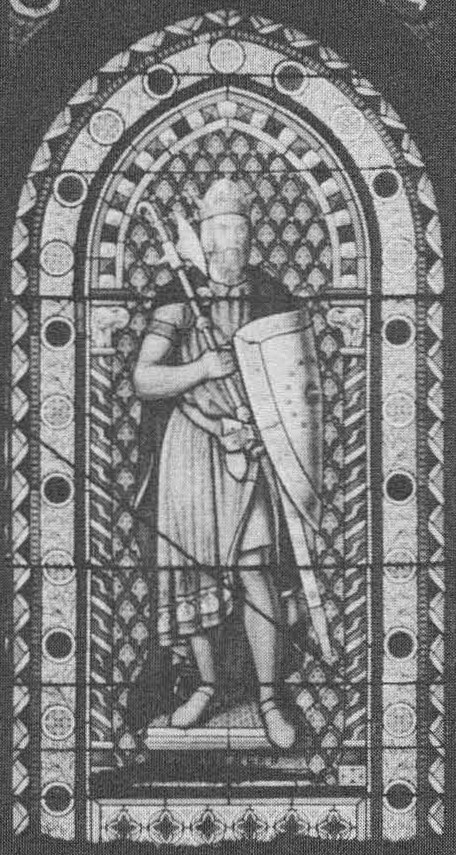Clan Anderson (Scottish Gaelic: Gilleaindreas) adopted its name from Scotland’s patron saint with the meaning “servant of Andrew”. Two divisions have been identified, a Celtic offshoot of Clan Anrias which held territory in northeast Ross-shire and a lowland Scottish branch which is largely represented in Aberdeenshire, Banffshire, and Morayshire. It is probable that the MacAndrews arrived in Petty, Badenoch, from Moidart in around 1400; however, they have spread throughout all of Scotland and to the border regions, notably including David and Duncan fiz Andreu, burgesses of Peebles and Dumfries respectively. The name also occurs early south of the border in Northern England, Rogerus Andreweson appearing in the 1272 Yorkshire poll tax return records.
The maternal lineage of Johannes Karl can be traced back to Clan Donald via Sorely Boy MacDonnell, who established his clan in Antrim, Ireland, in the 16th century; and thus further back to Somerled, the 12th century Norse-Gaelic King of Mann and the Isles, and through him to Harald Hardrada.


Harald Hardrada’s claim to the Saxon throne was based on a treaty made between Magnus the Good of Norway and Harthacnut; when both died without an heir, he as Magnus’ uncle was next in line to the throne. He was also supported by Earl Tostig Godwinson, who invited him to invade Britain. Johannes’ descent from Harald Hardrada is a supporting factor behind his claim to kingship, as well as a popular mandate in his new polity and the absence of any other claimant to the title King of Angle-Saxons.
The more recent ancestral homeland of the Angle-Saxish House of Andreassuun, stretching back to the nineteenth century, is the city of Birmingham, a cauldron of the Industrial Revolution.
